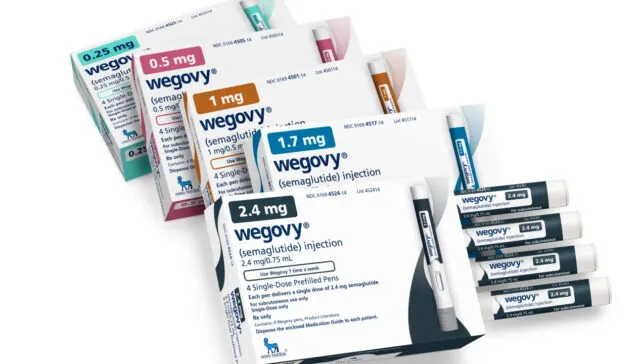Women Without Children at Age 35 Are at Highest Risk of Binge Drinking, Alcohol Use Disorder

Excessive drinking and alcohol-related deaths are increasing at an alarming rate among women, particularly among reproductive-aged women in their late 20’s and 30’s. Traditionally, women tend to reduce their alcohol consumption once they have children, but in recent years, more middle-aged women have delayed or skipped motherhood.
This growing trend in women who are delaying or foregoing parenting is contributing to an increase in women at highest risk for excessive alcohol use, according to a new study led by a School of Public Health researcher.
Published in the journal Addiction, the study found that women who turned 35 in recent years, as well as women who have not had children by age 35, are the subgroups of women at highest risk of binge drinking and having alcohol use disorder (AUD) symptoms.
The study is the first to consider the impact of delayed parenting on excessive alcohol use among newer generations of middle-aged women. The findings underscore the need to address excessive drinking among all women, but particularly among this expanding group of women without children.
“Because more women are delaying having children in the US, a growing proportion of women fall into the highest risk group,” says study lead author Rachel Sayko Adams, research associate professor of health law, policy & management. “This growing prevalence of heavy drinking is exacerbated given that excessive alcohol use is increasing overall for middle-aged women in more recent cohorts. Therefore, at-risk alcohol use and consequences are expected to continue increasing in future years, if not addressed.”
Read more on the study here.




